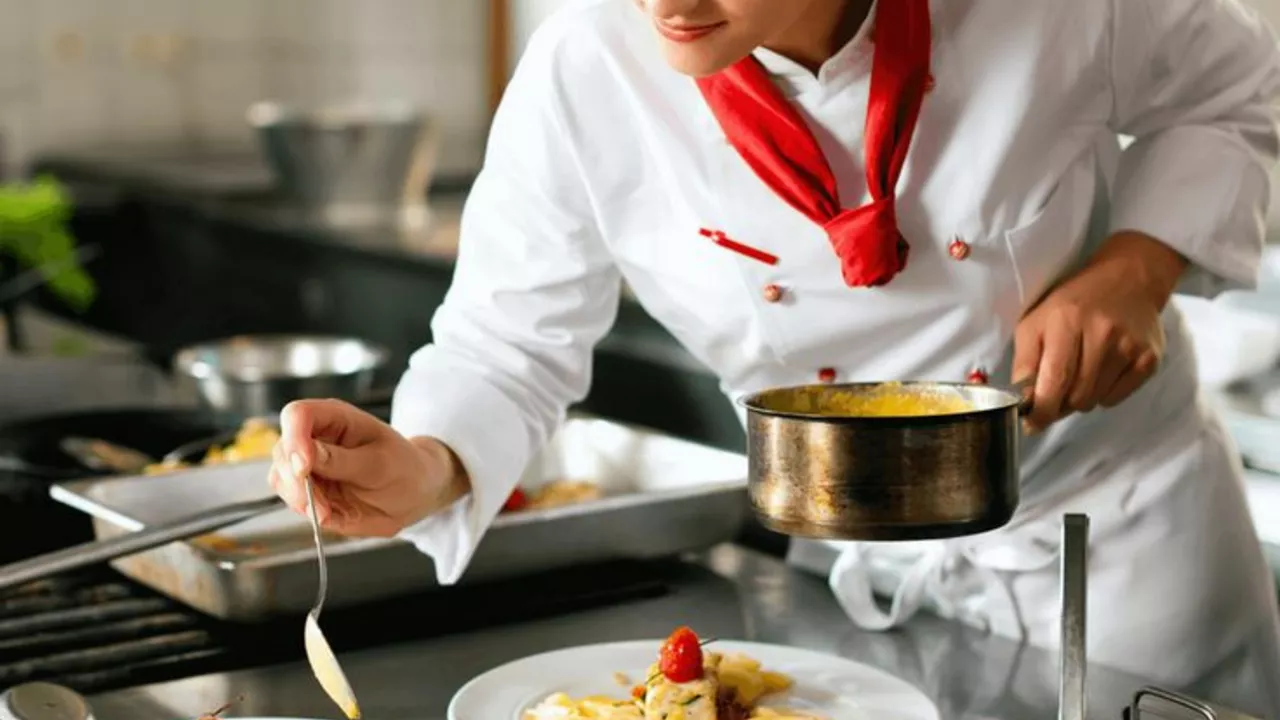Should I study food science or culinary arts?
 Aug, 17 2023
Aug, 17 2023
Fork in the Road: Food Science or Culinary Arts?
Oh, the eternal debate: food science or culinary arts? It's like trying to choose between eating a delicious homemade steak and a perfectly deconstructed, avant-garde version of it in some swanky molecular gastronomy restaurant. Both intrigue the palate in their own ways, each has its own charm, and it can be a difficult choice for someone who loves the world of food. Trust me, this was a question that bogged my mind too when I was trying to figure out my career path. But, more on that later!
Understanding the Sphere: What Are Food Science and Culinary Arts?
Before you holler out your choice, let's dig into what each field represents. Culinary arts and food science, though related by food, possess different facets. Culinary arts is the realm of preparing, cooking, and presenting food. It's an art that takes you to the gastronomical journey of exploring tastes, textures, and aromas. My wife, Vanessa, often jests that culinary artists are the "Picassos of the Palate".
Food science, on the other hand, is the study of the physical, biological, and chemical makeup of food. The field explores how to make food safer, healthier, and, dare I say, more delicious. It's a convergence of several disciplines such as microbiology, chemistry, and engineering. If culinary arts are about the canvas of taste, food science is about the colour palette and the brush strokes that make that canvas come alive.
Decoding the Passion: Identifying Your Way
The trick to choosing between the food science and culinary arts is to delve deep into your passion. Ask yourself, "Do I love cooking more, or does the science behind what makes a dish delicious interest me more?" Answering this will make your choice easier.
If you love spending hours in the kitchen, experimenting with ingredients to whip up a delightful dish, and dreams of seeing people cherishing your cooked meals much like I love seeing my golden retriever, Sammy, relishing his doggie treats, then culinary arts might be your calling.
Potential Paths: Careers in Both Fields
While a degree in food science can land you in roles such as food product developer, quality assurance officer, or a food safety auditor, a culinary arts degree could lead you to be a chef, a sommelier, or a patisserie expert. The scope is vast in both fields, and really, the world (or kitchen) is your oyster!
During my college years, I was fascinated by the food experiments conducted in our lab. The way a simple change in temperature would alter the property of a food substance, much like the difference between an omelette and scrambled eggs, intrigued me to no end. And hence, even though I loved my tacos and stir-fries, I decided to venture into food science. Today, as I look back, I feel like Harry Potter finding his perfect wand. The choice was just right!
The Practical Angle: Diving into Salary and Job Outlook
Rather practically, your decision might also get influenced by the salary and job prospects these fields offer. The average annual salary for chefs and head cooks was around $52,160 in 2019, according to the U.S. Bureau of Labor Statistics (BLS). For food scientists and technologists, it was $65,160 in the same year. However, don't let numbers solely guide you. My experience in food science has taught me that beyond the paycheck, the satisfaction of doing what I love is a delicious dessert in its own right.
The Ingredient of Education: Choosing the Right School and Program
An important factor in deciding your career path is determining the right educational institution that will nurture your love for food. Not all ovens bake the same, do they? Different schools offer different programs, with a specific focus on certain areas of study in both food science and culinary arts. Take the time to research and understand which program aligns better with your career aspiration. Don't rush this step, it’s like letting a stew simmer to achieve the perfect harmony of flavours.
Taste Testing: Internships and Volunteering
The most effective way to make an informed decision is to get your own hands dirty! Internships and volunteering opportunities provide vital insights into what working in these fields really is like. It's something like cooking a dish for the first time - you might have read the recipe, bought the best ingredients, and followed the method, but you'll never truly know how it tastes until you take that first bite. I remember doing an internship at a food lab during my undergraduate years, and it was my first real taste into the incredible world of food science.
So there you have it, folks. Whether you choose food science or culinary arts, just remember that it's your passion, interest, and love for food that will drive your career. Here's to hoping you find your own recipe for success!